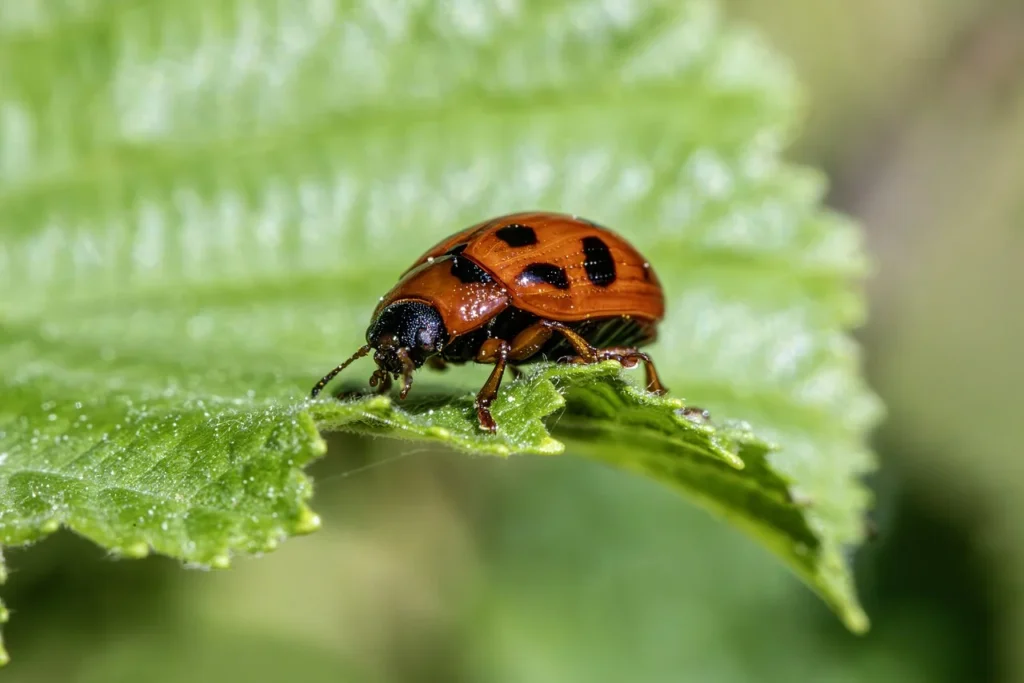Pests are a year-round concern for businesses across the UK, with different seasons bringing their own set of pest challenges. For businesses, particularly in the food, hospitality, or retail industries, pests can lead to health hazards, property damage, and loss of reputation. Effective commercial pest control is essential to prevent these problems and maintain a clean, safe environment.
In this article, we’ll explore the different seasonal pests in the UK, what to expect during each season, and how to prepare your business to avoid costly infestations.
1. Winter: Rodents Looking for Shelter
What to Expect:
During the colder months of winter, rodents such as rats and mice seek shelter indoors to escape the freezing temperatures. Commercial properties are particularly vulnerable because they often offer warm environments and accessible food sources, making them ideal for rodents to nest and breed. These pests are not just a nuisance—they can cause structural damage by gnawing on materials and cables, leading to fire risks, and they spread diseases by contaminating food and surfaces. As seasons change, it’s important to recognize which types of pest infestations require immediate attention versus those that can be managed with preventive measures.
How to Prepare:
To prepare your business for potential rodent infestations, start by inspecting your property thoroughly. Check for gaps, cracks, or other entry points that rodents could use to gain access to your building. Ensure that all doors and windows close tightly and that there are no open spaces around utility pipes. It’s crucial to maintain high standards of cleanliness, particularly around food preparation and storage areas, and to secure waste bins tightly. Contacting commercial pest control services can help you manage and monitor rodent activity before it escalates.
2. Spring: Ants on the March
What to Expect:
As the temperatures start to rise in spring, ant colonies become more active, seeking food sources inside commercial properties. Ant infestations are particularly problematic in food-related businesses, as these pests can quickly contaminate food supplies and disrupt operations. Common areas that attract ants include kitchens, storage areas, and even outdoor spaces where food waste or sugary substances are present.
How to Prepare:
To keep ants at bay, ensure that all food is stored in sealed containers and that crumbs or food residues are promptly cleaned up. Ants can find their way into your building through tiny cracks and crevices, so it’s essential to seal these entry points to reduce the risk of an infestation. For larger infestations, consider consulting a commercial pest control expert to identify and treat problem areas with baiting systems and safe insecticidal treatments, ensuring long-term protection against these persistent pests.
3. Summer: Wasps and Bees
What to Expect:
Summer brings an influx of stinging insects, particularly wasps and bees, which can pose significant risks for businesses with outdoor seating areas, gardens, or waste disposal zones. Wasps are attracted to sweet food and drink, which is why they often become a problem for restaurants and cafes with outdoor areas. A wasp sting can cause serious allergic reactions in some individuals, creating potential liability issues for businesses.
How to Prepare:
To prepare for wasp activity in the summer, ensure that all food and drink spills are immediately cleaned up, especially in outdoor spaces. Seal bins and waste disposal units tightly to avoid attracting these pests. Keep an eye out for wasp nests, which can often be found in roof eaves, sheds, or hidden areas around the property. If you spot a nest, seek help from professionals immediately to have it safely removed, as attempting to remove a nest without professional help can be dangerous.
4. Autumn: Spiders and Crawling Insects
What to Expect:
Autumn is the season when spiders and other crawling insects such as beetles and woodlice start to move indoors, seeking warmth and shelter as the weather cools. For businesses with warehouses, storage areas, or even public spaces, the presence of these pests can create a negative impression on clients and customers. Although spiders can help control other insects, their webs and presence may not be welcome in a commercial setting.
How to Prepare:
Preparing for an influx of crawling insects involves regular cleaning and decluttering, particularly in areas like storage rooms or stock areas where these pests are more likely to hide. Seal any gaps or cracks in walls, doors, and windows to prevent insects from entering. For larger or recurring infestations, contacting a UK commercial pest control company will help you establish a comprehensive prevention plan, including insecticide treatments or traps that can be strategically placed to keep these pests under control.
5. Year-Round: Cockroaches in Urban Environments
What to Expect:
Cockroaches are a year-round issue, particularly in urban environments and businesses where food is prepared or stored. These pests are highly resilient and can breed rapidly, spreading bacteria that can contaminate food and surfaces. Cockroach infestations are a serious health hazard and can damage a business’s reputation if not addressed promptly.
How to Prepare:
To prepare your business against cockroaches, it’s essential to maintain strict hygiene standards. Regularly clean all food preparation areas, ensure food is stored in sealed containers, and remove any sources of moisture, as cockroaches are attracted to water. Keep an eye out for signs of cockroach activity, such as droppings or egg cases, and arrange regular pest inspections. Professional pest control services can provide ongoing monitoring and targeted treatments to prevent infestations from getting out of hand.
Stay Ahead of Seasonal Pests with Proactive Pest Control Measures
Preventing seasonal pests requires more than just reactive measures; it’s about staying one step ahead. Regular maintenance, cleanliness, and inspections are critical in preventing infestations from taking hold.
Investing in pest control solutions tailored to your industry and property type ensures your business remains protected year-round. By anticipating the pest challenges each season brings and preparing in advance, you can avoid disruptions, maintain your business’s reputation, and provide a safe environment for employees and customers.



